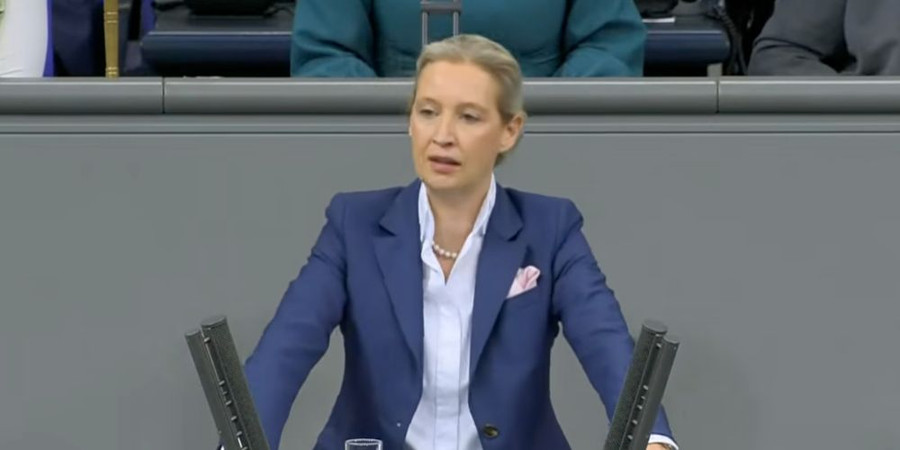Though Sudan's Islamists have been bumped out of power in Africa’s third-largest country, it appears that they are attempting to crawl back into political relevance by using highly sophisticated AI and social media networks. The development comes after diplomats from other countries have left the area, per the Daily Mail.
Islamist groups are reportedly using images to suggest that the West is on the verge of retreating, meaning victory for the Islamist groups is close. Some of these online networks have also disseminated fake audio clips that purport the US is actively attempting to mitigate the influence of Islam on the country.
One example of technological manipulation that these groups have carried out is an AI-generated photo of US Ambassador John Godfrey, suggesting that the ambassador is strategizing about how to intervene in the country.
Amil Khan, the founder of Valent Projects, a company that investigates the impact of social media, has suggested that Islamists possessed a powerful web of accounts that were actively spreading photos of Western diplomats leaving the country, according to NY Breaking.
Khan said, "They're opportunistically then using that to say this is Western collapse, and linking it to Kabul allows them to try to paint themselves as victors in the same way that they see the Taliban."
"It reflects messaging around the world that the Taliban have won the US. The US left in disarray," he said.
"The Islamists are trying to say that we are the people that conquered them," Khan added.
The report noted that Sudan’s Islamists had successfully turned the country into a terrorist haven in times past, including a five-year stint where Osama bin Laden had made Khartoum his home from 1991 to 1996. Khan noted that though the groups have lost significant influence after the fall of dictator Omar al-Bashir in 2019, they have spent much time building an online presence, per the report.
Khan went on, "What they did have was this really extensive manipulation-digital infrastructure with hundreds and hundreds of mass accounts that could just get a coordinated message out and dominate the digital space."
Republican Representative Mike Waltz, who currently sits on the House intelligence committee, said that the development was worrisome, and added, "It’s absolutely a concern and we’re going to lose even more visibility and intelligence gathering now that the State Department has had to pull its embassy staff."





